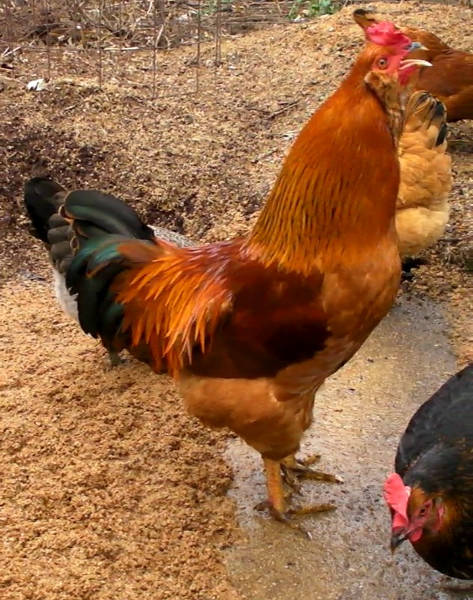Wow! I am sorry to see this thread become so heated. That’s what happens when emotional issues get mixed in with science.
I want to address the environmental issues that surround the question of whether we SHOULD eat beef, because I think there is a lot of misinformation circulating.
First, a disclaimer–I was a vegetarian for seven years. I developed a distaste for meat after seeing a 60 Minutes expose on factory farming. And I am NOT here to defend cruel and inhumane practices (that are not a necessary part of eating animals) or reckless disregard for air and water pollution that can occur when feedlots and barns dispose of wastes. If you find meat repulsive, or if you have ethical objections to eating animals, that’s your choice, but it seems hypocritical to express compassion for animals while vilifying human beings who simply have a different point of view. I love animals, but I do not love animals more than I love people.
As for the environment, according to the Encyclopedia Brittanica, rangeland makes up 40 to 50 percent of the planet’s land surface area. Rangeland is defined as areas unsuited for cultivation and includes forested areas. “Unsuited for cultivation” means food crops CANNOT be grown efficiently in such areas. In the Southwest U.S, for example, much of the land is too hilly or too stony or there is not sufficient water for irrigation. Cattle living on the tall grass prairie typical of western Oklahoma, the Texas Panhandle, and much of New Mexico, are able to efficiently digest grass and turn it into meat that provides nourishment for human beings. The manure from grazing cattle goes back to nourish the soil.
Typically, in what is knows as a cow-calf operation, a calf grazes alongside its mother cow for a year or so on rangeland before it is sent to a feedlot for “finishing” on feed, which includes grain, for about two months and then on to slaughter. And so beef cattle are NOT competing with human beings for food resources. I grew up in cattle country, and I have seen first hand that ranchers are not the demons that some vegetarians make them out to be.
Here is an eye-opening presentation from Keto Down Under. The guy is not the most dynamic presenter I’ve ever seen, but I found him to be pretty likable. He put to rest the environmental issues as far as I’m concerned.


